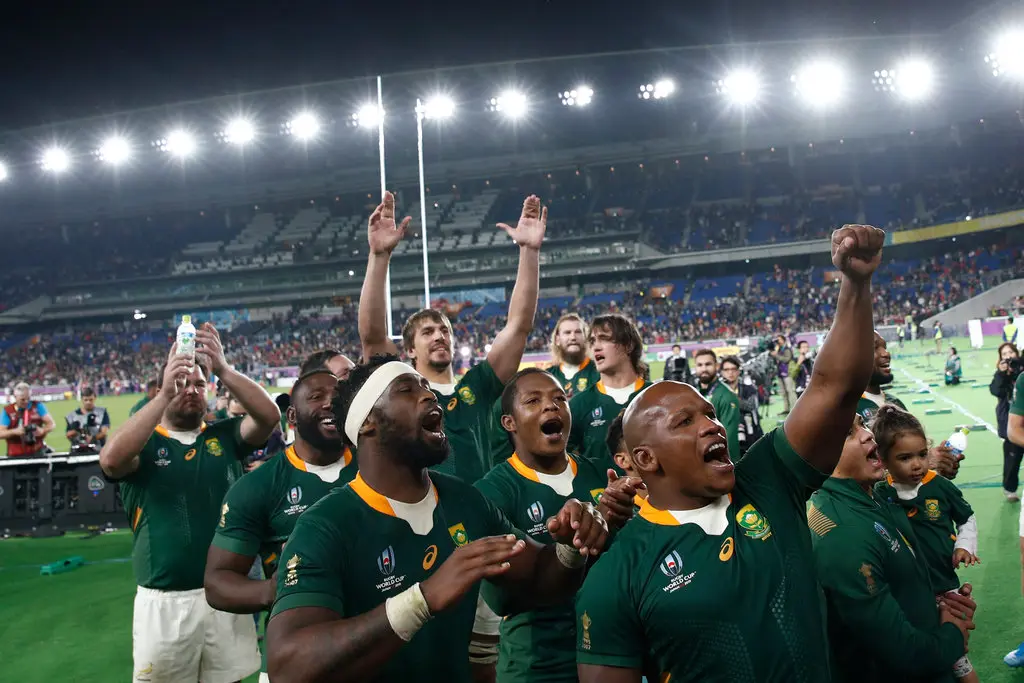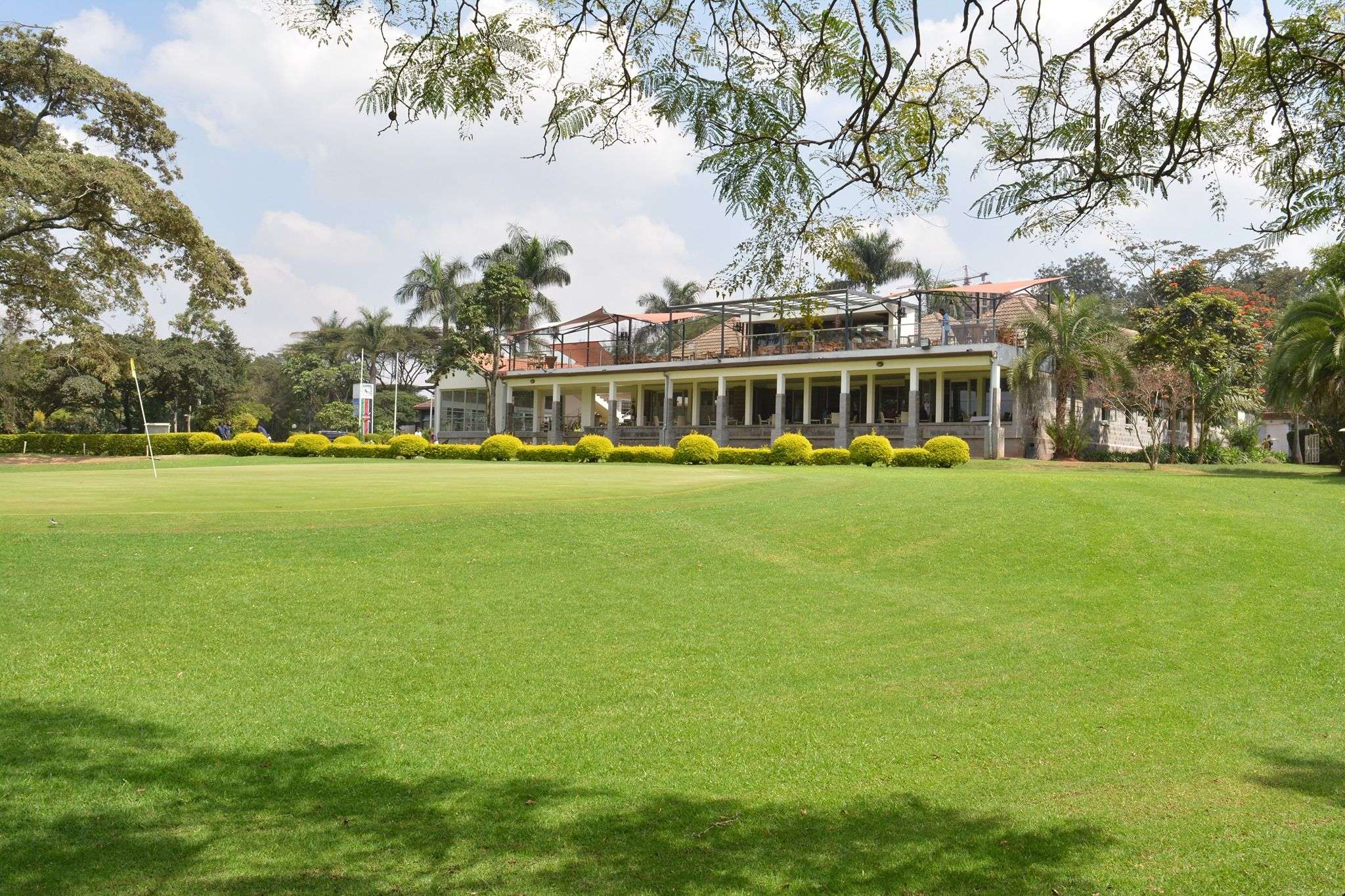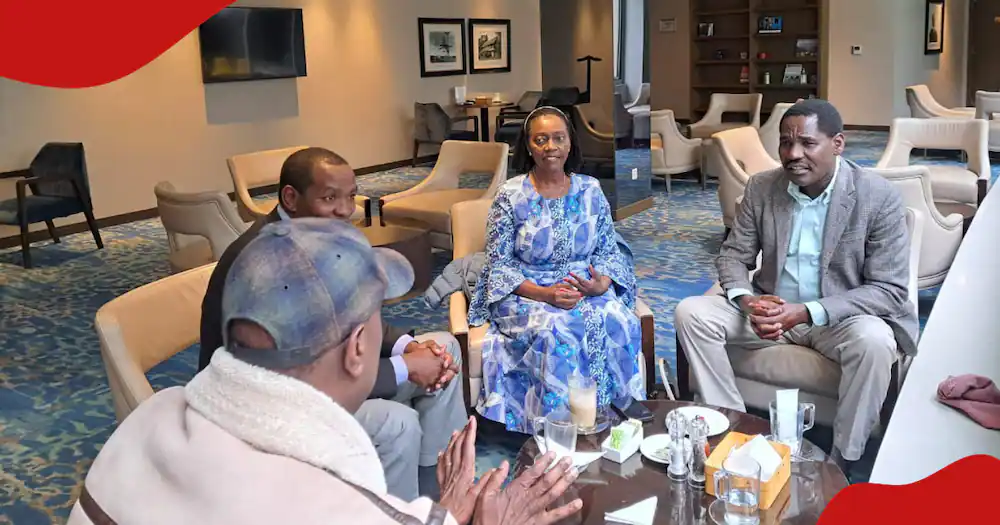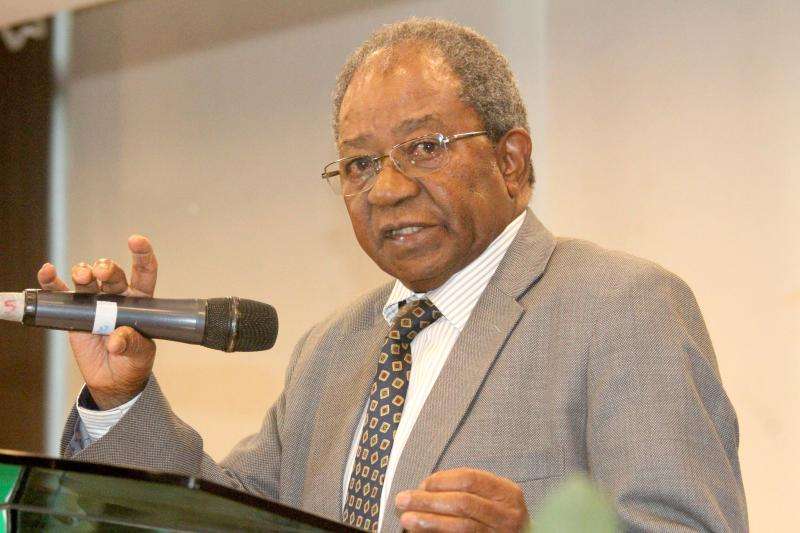Siya Kolisi helped South Africa make Rugby World Cup history with a fourth title, earning himself a place among the greats as only the second captain to win it back-to-back. Four years after dominating England, this final against New Zealand was much harder on Saturday. The Springboks overcame the resilient All Blacks 12-11 on the back of fly half Handre Pollard’s four penalties, doing so on a rain-soaked night at Stade de France when All Blacks captain Sam Cane felt the gloom as the first player red-carded in a final.
South Africa repeated its 1995 success over New Zealand and denied the All Blacks their own chance to win a fourth title in their record fifth final. Kolisi’s mind turned quickly to the millions of fans celebrating back home—in city centers, farms, townships, anywhere.
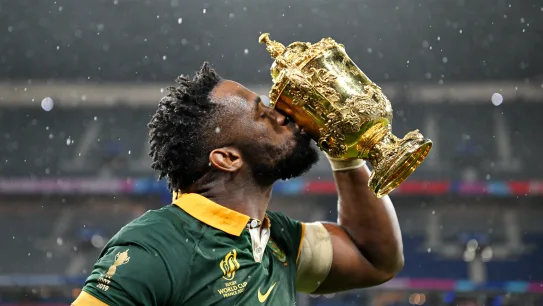
“We have the privilege of doing what we love and inspiring people from all walks of life,” he said. “It’s real for us; we care for each other; we care for our country.” It was a hard road to victory at the same stadium where South Africa beat England in the 2007 final.
Since England’s success in 2003, the Springboks and the All Blacks have shared all five titles. This tournament, however, was touted as the right time for the northern hemisphere to topple the south again.
Especially after a titanic 13-8 defeat to Ireland dropped South Africa into second place in its pool to set up a showdown with host France, which won 29-28. Then the Springboks were two minutes away from losing the semifinal to rank outsider England before Pollard’s long kick sent them through to the final by 16-15. “We had to fight, and today as well,” Kolisi said. “I can’t believe what we did.”
After holding the trophy aloft, Kolisi kissed his right sweatband, then roared a victory cry loud enough to rattle windows in Johannesburg, Cape Town, and everywhere else back home. “People who are not from South Africa don’t understand what it means for our country. It is not just about the game. Our country goes through such a lot,” he said. “I want to tell the people of South Africa, ‘Thank you so much’. This team just shows what you can do.”
As South Africa’s players celebrated, Kolisi climbed up the stadium stairs to see a special friend high up in the stands—tennis great Roger Federer, whose mother is South African. Federer clenched his fist in celebration as he leaned over to celebrate with Kolisi.
Cane will fly home with regrets.
“Extremely gutted and disappointed,” he said.
He was issued a red card for a high tackle on center Jesse Kriel. Three other players were sin-binned—two Springboks and one All Black—in a chaotic match.
Fullback Beauden Barrett scored the only try in the left corner, setting up a tense last 20 minutes.
He became the first player to score in two World Cup finals and scored the first try conceded by South Africa in a final. But on the fly, Richie Mo’unga’s touchline conversion attempt went wide and ultimately preserved the winning margin.
Both sides finished with 14 players as left winger Cheslin Kolbe was sin-binned for a deliberate knock-on. Center Jordie Barrett took the penalty shot from nearly 50 meters wide of the right post, but it sailed wide with Kolbe holding his head in his hands, unable to watch.
“I am incredibly proud of the way we fought, and to get within a whisker of pulling it off is heartbreaking,” New Zealand coach Ian Foster said.
AP

